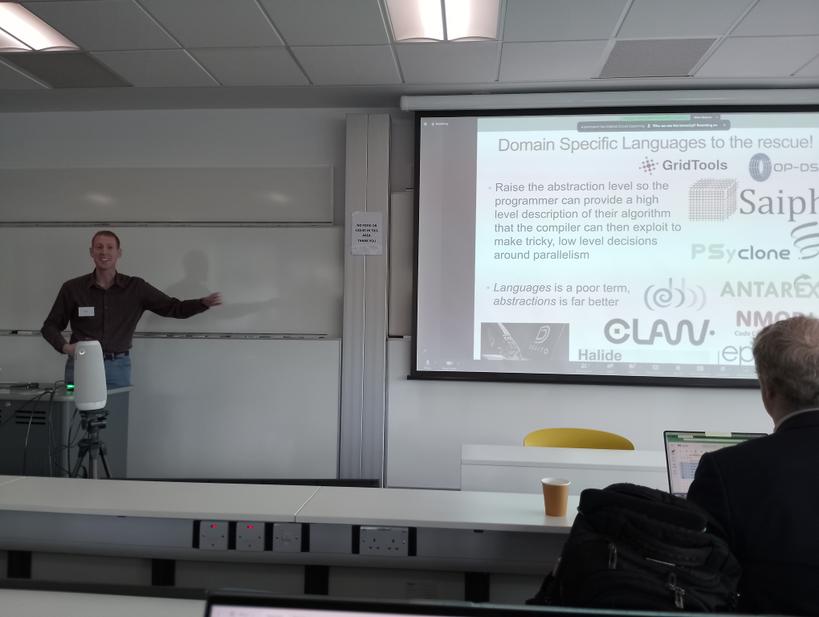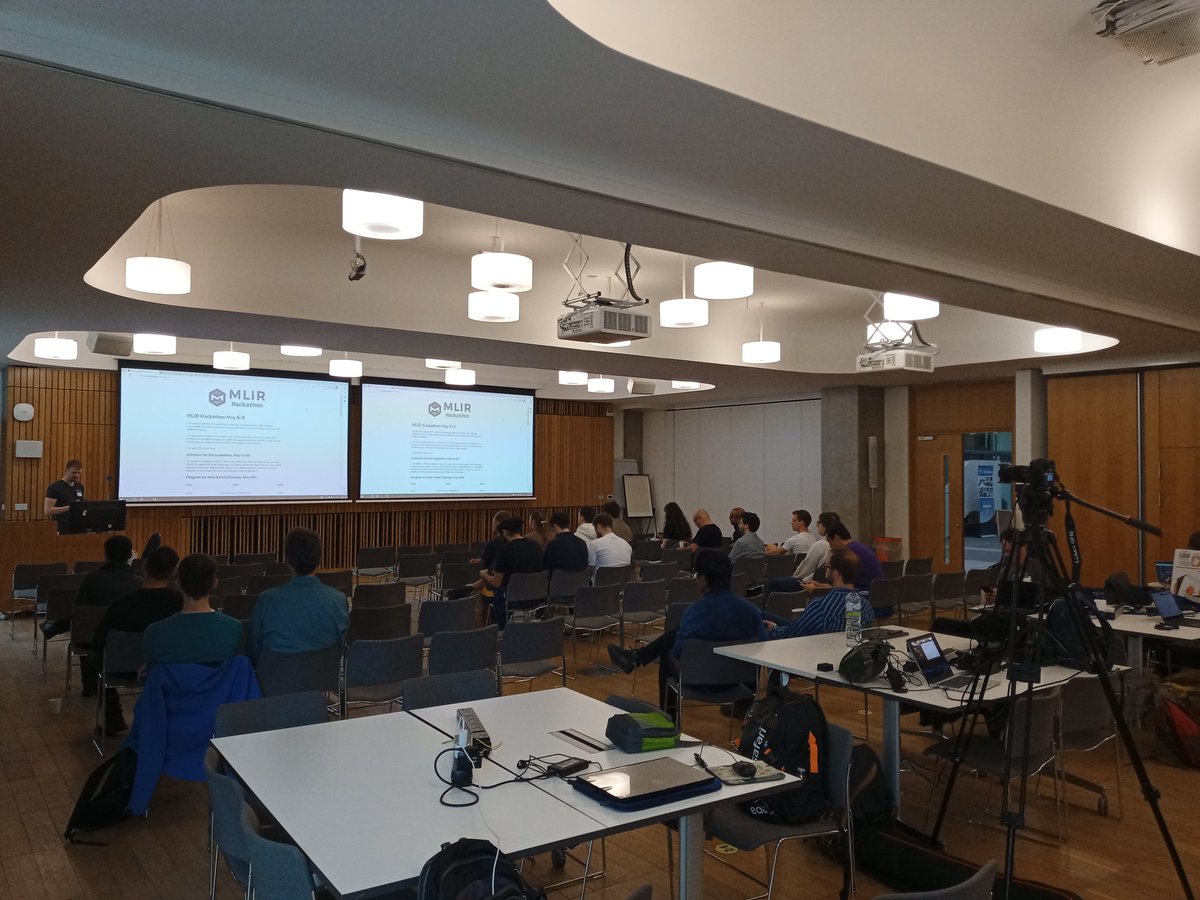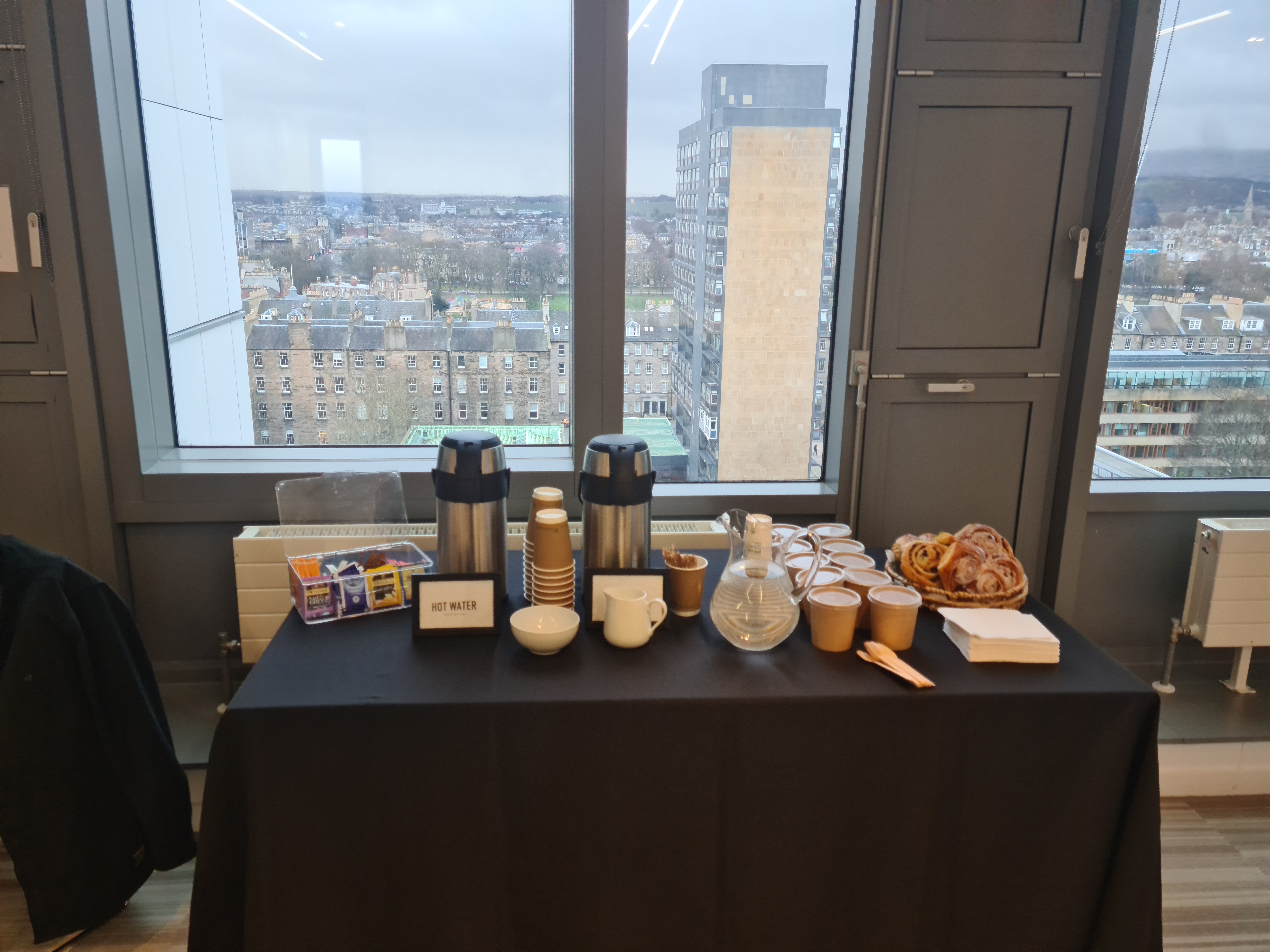xDSL at ISC 2023
ISC 2023 runs between Sunday the 21st and Thursday the 25th of May, and sees the world of HPC descend on Hamburg, Germany, to discuss the latest advances in the field and share latest research. It is a busy week with many different activities going on, and the wider ExCALIBUR programme has published a blog article highlighting all the events that are going on which are associated with the wider ExCALIBUR programme.
xDSL is involved in three activities at ISC. Firstly, we have a project poster which will be displayed from Monday at 3pm until the Wednesday and highlights the major objectives and achivements to date of xDSL. The purpose is to both share with the HPC community what we are doing, and also encourage new groups to join us and leverage xDSL for their own work.
We are also involved in the Plasma-PEPSC – Pushing Flagship Plasma Simulation Codes to Tackle Exascale-Enabled Grand Challenges via Performance Optimisation and Codesign Birds of a Feather (BoF) session, which is running Tuesday 23rd of May between 9am and 10am in Hall E and aims to discuss the challenges associated with running plasma physics simulation codes on exascale supercomputers. Our input is around domain specific languages and how these can help scientists to abstractly describe their problem at the mathematical level but still target a rich variety of hardware.
Our activities conclude with the Second Combined Workshop on Interactive and Urgent Supercomputing which xDSL is a co-organiser of and will see the challenges that our community faces in enabling interactive and urgent workloads on supercomputers being focussed upon between 9am and 1pm in Hall Y6 on Thursday 25th of May.
It promises to be a busy week! If you wish to find out more about xDSL then pop by the EPCC booth (G715)


